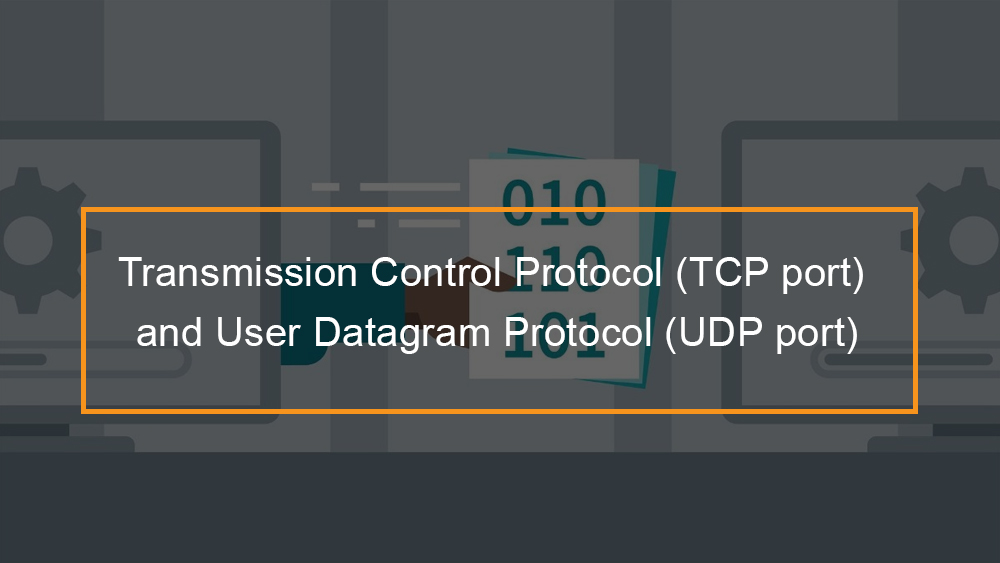20 Most Popular Unit Testing Tools
Unit testing is a fundamental part of the software testing process. It is focused on the testing of individual source code components. Many facts about unit testing are well-known among software professionals, but it is occasionally necessary to refresh our knowledge in order to stay current. The top Unit Testing Frameworks utilized by developers will be discussed in this post.
What you will learn:
- What is Unit Testing?
- Unit Testing Advantage
- Challenges with Unit Testing:
- Best Unit Testing Tools
- Conclusion
What is Unit Testing?

Individual units or software components are tested in unit testing, a type of software testing. The goal is to ensure that each Unit of software code works as intended. Developers carry out unit testing throughout an application’s development (coding) phase, i.e., the development cycle. Unit tests isolate a piece of code and ensure that it is correct. A singular function, method, process, module, or object might be considered a unit.
Unit testing is the upfront level of testing performed before integration testing in the SDLC, STLC, and V Model. Unit testing is a type of WhiteBox testing often done by the developer. Though, due to time constraints or developers’ reluctance to test in the real world, QA engineers also perform unit testing.

Unit Testing Advantage
- Unit tests provide developers with a fundamental overview of the unit API to discover what functionality a unit provides and how to employ it.
- Unit testing allows the programmer to rewrite code later while ensuring that the module functions correctly (Regression testing). The tutorial is to develop unit test cases for functions and methods so that any modifications (production code changes) that cause a problem can be easily identified and rectified.
- We can test pieces of the project without waiting for others to finish due to the modular structure of unit testing.

Challenges with Unit Testing
Unit testing is beneficial, but it comes with its own set of issues. The following is a list of challenges of Unit Testing.
- The problem with test names
- Incorrect test types are written.
- It takes a long time to understand the complete code.
- Need to put doubles to the test
- Inadequate initial circumstances
- Identifying dependencies
Best Unit Testing Tools
The following is a list of the most popular Unit Testing Frameworks and Tools for creating accurate unit tests:
- NUnit
- JMockit
- Emma
- Quilt HTTP
- HtmlUnit
- Embunit
- SimpleTest
- ABAP Unit
- Typemock
- LDRA
- Microsoft unit testing Framework
- Unity Test Tools
- Cantata
- Karma
- Jasmine
- Mocha
- Parasoft
- JUnit
- TestNG
- JTest
There is a wide range of used unit testing tools.
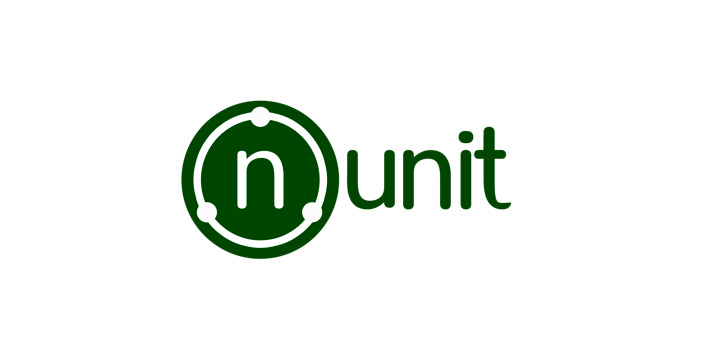
NUnit
- NUnit is a unit testing framework based on.NET platform
- It’s an open-source application that allows you to write test scripts manually, but not automatically.
- NUnit is similar to JUnit for Java in that it allows you to execute data-driven tests in parallel.
- To load and run tests, Console Runner is used.
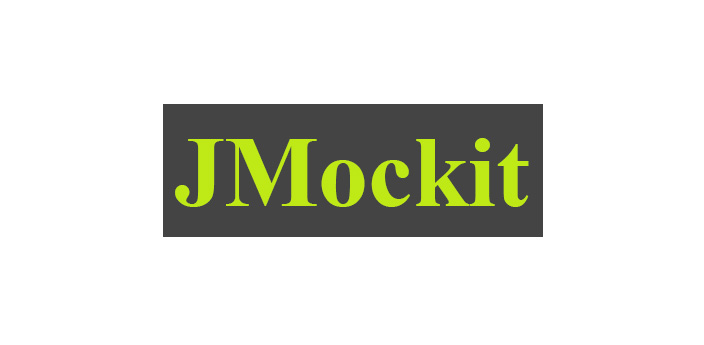
JMockit
- JMockit is a viable alternative to the mock object’s traditional use. JMockit is an open-source unit testing tool featuring a set of tools and APIs.
- Developers use these tools and API to create TestNG or JUnit tests.
- Line Coverage, Path Coverage, and Data Coverage are three types of code coverage this tool provides.

Emma
- Emma is a free and open-source tool for calculating Java Code Coverage.
- It allows each developer in the team to check their production code coverage tool(s) quickly.
- Emma offers coverage of classes, lines, methods, basic blocks, and report kinds such as text, HTML, and XML.
- It is entirely Java-based, with no external standard library requirements and full source code access.

Quilt HTTP
- Quilt is a Java program development testing tool and a free cross-platform software utility.
- Using Statement Coverage, it is possible to measure the coverage of Java programs during unit testing.
- It just manipulates JVM classes and machine code without working on source code ( Java Virtual machine)
- Quilt includes JUnit interoperability and techniques for controlling flow graphs and generating reports.
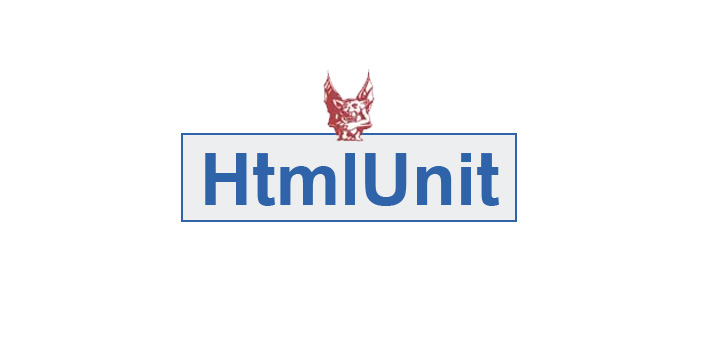
HtmlUnit
- HtmlUnit is an open-source Java standard library that includes a browser without a graphical user interface (GUI testing) for Java apps.
- This tool supports JavaScript and includes GUI elements such as forms, links, and tables.
- It’s a Java unit testing framework for testing web applications in popular framework(s) such as JUnit and TestNG.
- HtmlUnit makes use of the Mozilla Rhino JavaScript engine.
- Supports HTTP and HTTPS protocols and cookies, submit methods like GET and POST, and proxy servers.
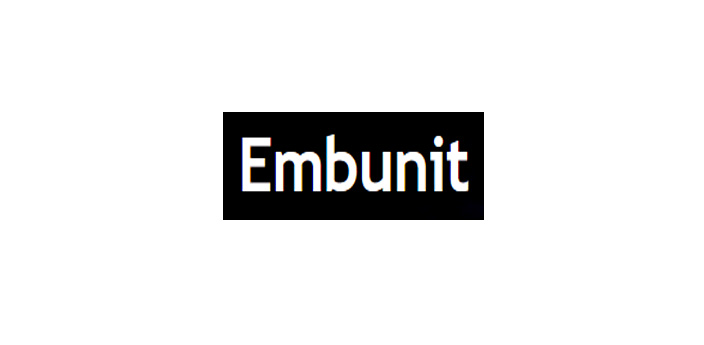
Embunit
- Embunit is an acronym for embedded Unit, a free unit testing framework for software developers and testers of applications written in C or C++.
- Its concept is similar to JUnit in that it creates test cases in a structured format and generates source code from them.
- It reduces work in unit testing by storing related test cases in the same test suite and generating the final test results in XML format.
- This desktop version is free, but the enterprise version is charged for cloud deployment.
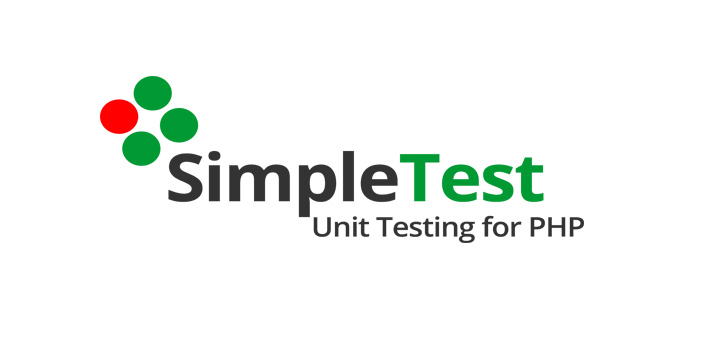
SimpleTest
- SimpleTest is a free and open-source unit testing framework for the PHP unit programming language.
- SSL, forms, proxies, and basic authentication are all supported by this framework.
- SimpleTest’s test case class method(s) and codes are extended from base test classes.
- The autorun.php.file in SimpleTest converts test cases into executable test scripts.
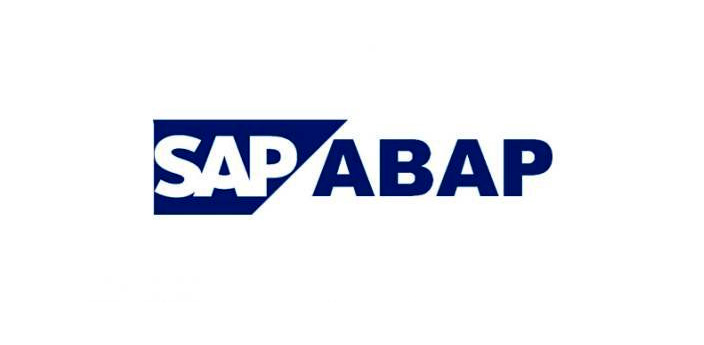
ABAP Unit
- ABAP is a commercial and a free tool for performing automated and manual unit testing.
- ABAP is used to create and develop tests that check the code’s functionality.
- Allows test cases from many ABAP applications to be combined into a single ABAP group.
- The resulting result makes unit testing problems easier to see.
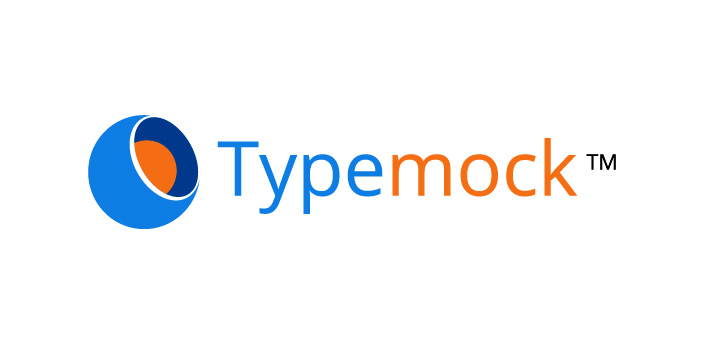
Typemock
- Typemock Isolator is an open-source framework for system testing code available for free.
- This tool effectively minimizes time spent correcting bugs and delivering value.
- It has a basic API test and entry methods that don’t require any changes (refactor) to legacy code.
- Typemock Isolator is primarily for Windows and is written in C and C++.
- It’s simple to grasp and has a lot of application code coverage.
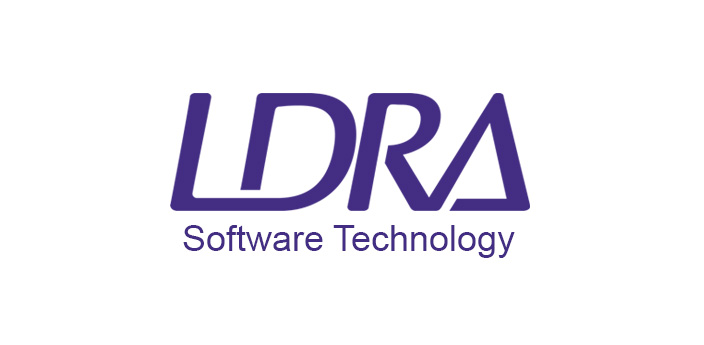
LDRA
- LDRA is a proprietary tool package for static analysis methods and dynamic software system analysis and testing.
- Covers statements, decisions, and branches and provides a linear code sequence.
- It’s an integrated tool that performs quality tests (requirement analysis to deployment) from beginning to end.
- It is the ultimate tool for certifying software by tracking requirements, adhering to coding standards, and analyzing coverage types.

Microsoft Unit Testing Framework
- The Microsoft Unit Testing Framework is a proprietary tool that aids in testing Visual Studio.
- VisualStudio TestTools-The namespace to invoke the unit test is UnitTesting.
- It utilizes elements, methods, and attributes to facilitate data-driven testing.
- It’s impossible to encapsulate everything about this framework in one place.
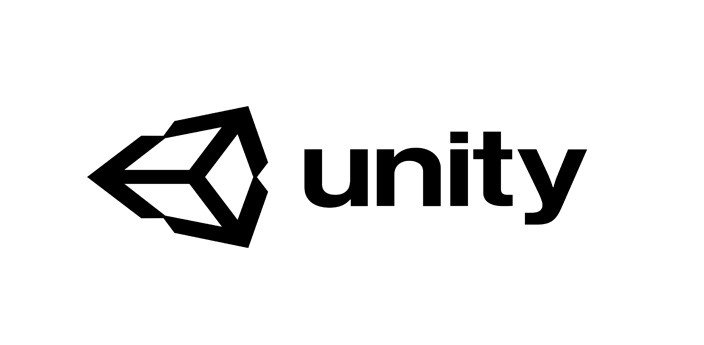
Unity Test Tools
- The Unity Test framework is a free tool for generating and running automated tests.
- Unit Tests, Integration Tests, and Assertion Components are the three core components of this product.
- Unit tests are the simplest and most efficient level, with an automated execution option.
- The purpose of an integration framework is to test component and object integration.
- The final component, Assertion Components, is used for hard debugging.
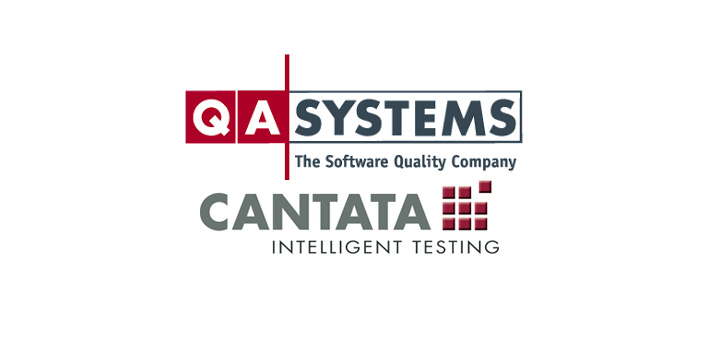
Cantata
- Cantata is a commercial unit test framework that enhances productivity and provides a testing environment.
- This is used to perform C and C++ unit and integration testing.
- A highly automated tool with a reusable harness can undertake huge data set robustness testing.
- Test scripts are written in C/C++, and they generate tests by scanning units of source code and calling interface control functions.
- It also includes a test script manager. Script Manager supports static analysis and requirement-based testing.

Karma
- Karma is an open-source tool testing framework that offers a productive testing environment. Karma is known as ‘Testacular,’ which stands for Spectacular JavaScript Test Runner. It is a JavaScript test runner that executes tests on actual devices.
- Allows easy debugging and continuous integration with Jenkins, Travis, or Semaphore.

Jasmine
- Jasmine-It is a JavaScript unit testing framework that employs behavior-driven testing.
- Other unit testing frameworks had a significant influence on this framework. Jasmine is a free tool that operates on JavaScript-enabled platforms and supports asynchronous standards.
- Jasmine does not require DOM and includes basic test case writing syntax.
- This tool’s current version is 2.4.1.

Mocha
- Mocha is a Node. Js-based open-source JavaScript Testing Framework.
- This program, which is available on GitHub, enables customizable reports.
- It also includes a JavaScript API for executing tests and a comprehensive test interface. Test coverage report, browser support, report test time, and more functionalities are available in Mocha.
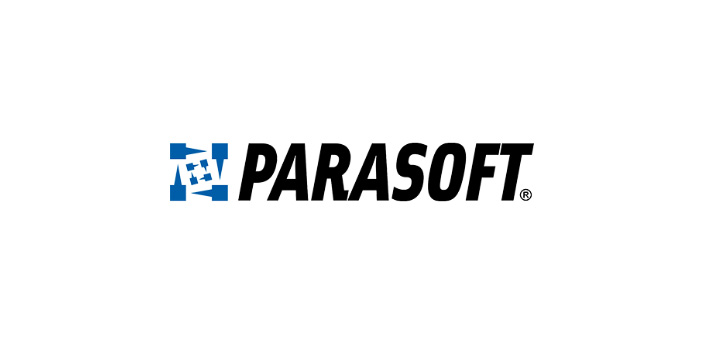
Parasoft
- Parasoft is a proprietary automated unit testing tool for C and C++ that does static analysis (static methods).
- Recognizes both functional and crash-causing issues.
- Aids in executing realistic functional tests containing an object repository and a stub unit test framework.
- Parasoft’s finest features include runtime error detection, requirement traceability, debugger integration, and thorough reporting.
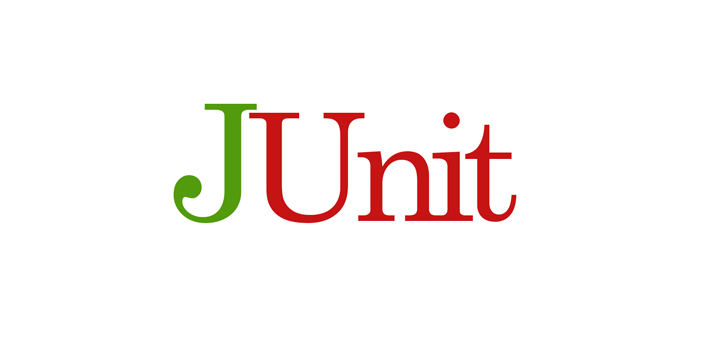
JUnit
- JUnit is a free, open-source unit testing framework for Java programmers.
- Supportive of the test-driven environment (test-driven development, TDD), founded on the principle of ‘first testing, then coding.’
- The test data is first validated before being placed into the code.
- Annotation for identifying test methods, an assertion for testing expected results, and test runners are all included.
- The simplest, and it makes it easier and faster to develop code.
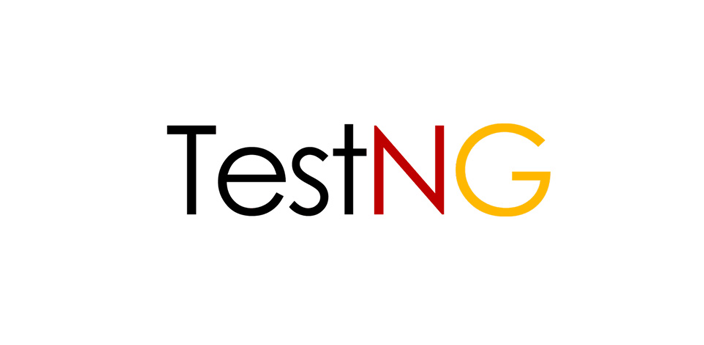
TestNG
- TestNG, like JUnit, is an open-source automation testing framework for the Java programming language. It features concurrent testing and annotation support, significantly influenced by JUnit and NUnit.
- Parameterized and data-driven testing and Unit, functional, and integration testing tool(s) are supported by TestNG.
- It has been proven effective with a powerful execution model and flexible test setup.
JTest
- Parasoft created and produced JTest, a unit testing tool.
- It is widely used for Java application testing and provides static code analysis.
- It also contains static data flow analysis, metrics analysis, and runtime problem detection, among other things.
- JTest also performs regression testing, end-to-end functional testing, and load testing for complicated applications.
- It aids in capturing actual test code behavior and the generation of JUnit tests for coverage analysis.
These are a few of the most widely used Unit Testing Frameworks. There are more unit testing tools (some of which have been decommissioned, such as Cactus). We have examined the top 20 for your convenience. Aside from that, pros utilize a few other individual unit testing tools listed below.
| Google Test | Google Test is a free, open-source unit testing library for C++ programmers. Small Tests (Unit Tests), Medium Tests (Integration Tests), and Large Tests are all supported (Acceptance Tests). |
| TestComplete | TestComplete is a proprietary platform for writing unit tests that is language agnostic. For desktop, mobile, and web applications, Test Complete provides integrated unit tests. |
| Cucumber | End-to-end Java unit testing is done with Cucumber. Cucumber-JVM is a free, open-source framework for Business-Driven Development. |
| Check | A check is a C unit testing framework that is open-source. UNIX, Linux, OS X, and Windows are all supported. |
Relevant Information On Unit Testing Tools
- Jasmine is a free tool that operates on JavaScript-enabled platforms and supports asynchronous testing standards.
- Jasmine does not require DOM and includes basic test case writing syntax. NUnit is a popular unit-testing framework that works with all.NET languages.
- PHPUnit is built on the JUnit framework and is an example of the xUnit architecture.
- A number of tools and plug-ins (Eclipse, IDEA, Maven, etc.) support TestNG.
Unit testing techniques are divided into three categories:
- black box testing, which involves testing the user interface as well as input and output
- white box testing, which involves testing the software application’s functional behavior
- gray box testing involves executing test suites, test methods, test cases, and risk analysis.
Conclusion
The fundamental task in the software testing process is unit testing. Previously, it was a manual task conducted by developers or testers, but as the software development process has evolved, every task has become automated. Unit testing, too, has become an automated task thanks to tools.








